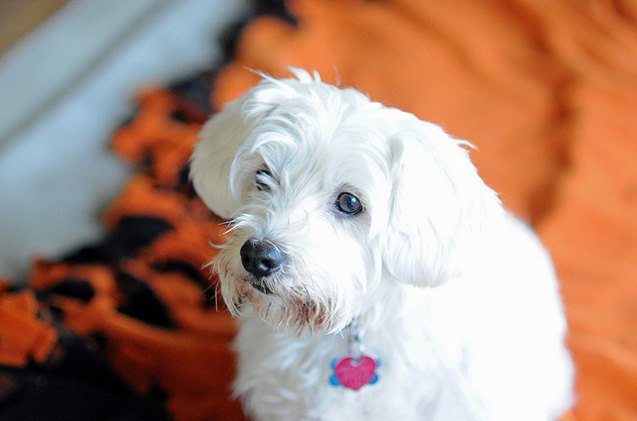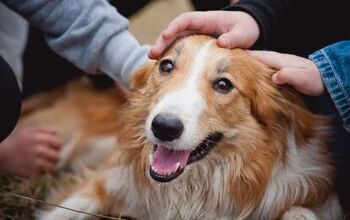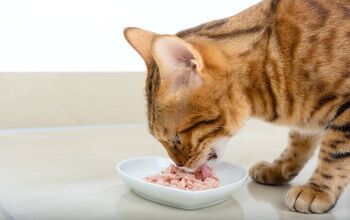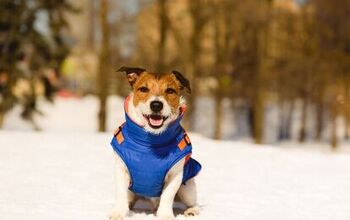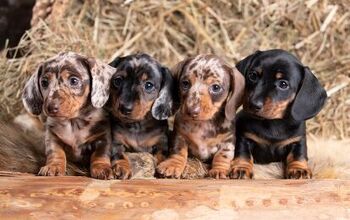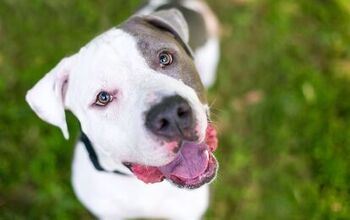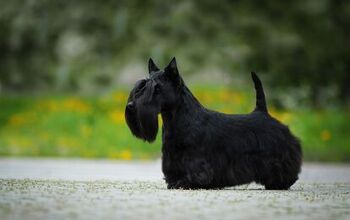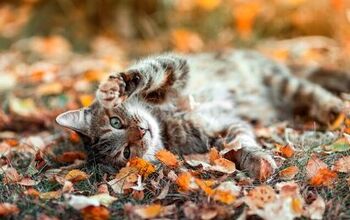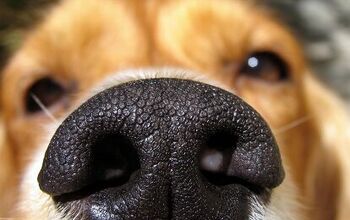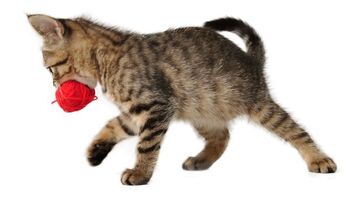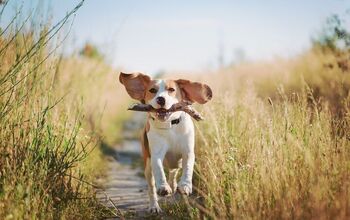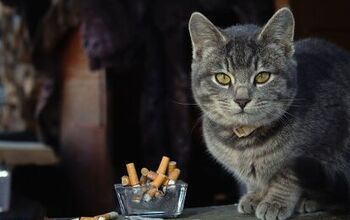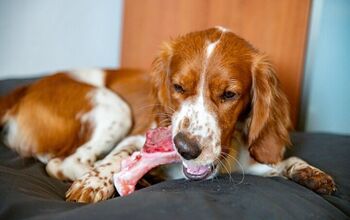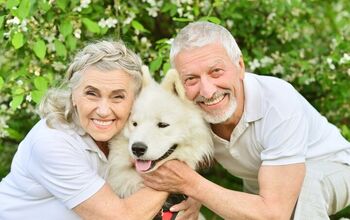Wee-Chon


About Wee-Chon
Also referred to as the Highland Frise, the Westie Bichon, and the Westion, the Wee-Chon is a little dog that is sure to steal your heart. His white coat and his dark eyes and nose will make you want to pick him up, hug him, and take him home for a lifetime of love and friendship.
But before you go falling in love with these little sweethearts, you should get to know the Wee-Chon breed a bit better. Continue reading to access a few helpful facts so you can figure out whether or not this designer dog is the right choice for your family.
The Wee-Chon is a cross between a purebred Bichon Frise and West Highland White Terrier.
The Wee-Chon is a designer crossbreed whose origins aren’t entirely clear.
The Wee-Chon is a cross between a purebred Bichon Frise and West Highland White Terrier.
You should choose a high quality canine diet for your Wee-Chon in order to ensure he will receive all of the nutrients that his body needs to thrive. Pure, whole food ingredients should be included, and artificial ingredients and byproducts should be avoided.
You can simply follow the label instructions on your dry dog food bag and feed according to your pet’s weight. If you’re going to also feed your dog some canned food, be sure to adjust the amount of dry food that you feed throughout the day so that he doesn’t end up eating too much and gaining weight.
Because Wee-Chons are such intelligent dogs, they are easy to train.
Because Wee-Chons are such intelligent dogs, they are easy to train. This is especially true when you use a firm, consistent, and patient attitude during training sessions that are engaging and incorporate positive reinforcement. Teach your dog that you are the leader of the pack, and provide him with plenty of rewards, praise, and treats.
If your Wee-Chon has more of the Bichon Frise temperament, he may be a bit difficult when it comes to housebreaking. Again, use positive training techniques and be patient and consistent so that your dog will learn in no time.
A small-sized breed, the Wee-Chon weighs between 9 and 14 pounds.
The Wee-Chon is an energetic, affectionate, and playful little dog that isn’t afraid of showing you how much he loves you. If you’re in search of a dog who will spend time cuddling with you and snuggling up for some quality time with you, the Wee-Chon won’t disappoint.
These dogs really enjoy being around their human family, and they’re also wonderful pets for families with children.
Overall, Wee-Chons have a cheerful disposition, but they can sometimes become aggressive when they’re around larger dogs. Other than that, they’ll get along well with other canines and other pets, including cats.
As a hybrid dog breed, a Wee-Chon could be prone to the health issues that commonly affect its parent breeds, but there is no guarantee that an individual dog will encounter any of those health problems. Hybrid dogs can be surprisingly hardy and healthy, and it’s impossible to predict a dog’s long-term health. Nevertheless, it’s a good idea to at least be aware of the health problems that affect your dog’s parent breeds.
For example, the Bichon Frise is susceptible to allergies, bladder infections and bladder stones, orthopedic ailments like patellar luxation or disk degeneration, eye diseases, dental disease, cancer, cardiac disease, liver shunt, gastrointestinal issues, and metabolic diseases like Cushing’s disease.
The West Highland White Terrier is prone to atopic dermatitis, patellar luxation, inflammatory bowel disease, Legg-Calve-Perthes disease, dry eye, Addison’s disease, lymphoma, pulmonary fibrosis, juvenile cataracts, craniomandibular osteopathy, pancreatic enzyme deficiency, and white shaker syndrome.
The Wee-Chon has an average lifespan of 12 to 15 years.
The Wee-Chon is a fairly active canine breed, so you should take your dog for a walk every day in order to allow him to release his energy in a positive way and give him the exercise that he needs to stay in shape.
In addition to taking your dog for a walk, you can let him to play at the dog park with other small dogs. If you have an enclosed and safe backyard for your pet, you can also let him run freely without a leash to play with some toys in the great outdoors.
The Wee-Chon is an energetic, affectionate, and playful little dog.
The Wee-Chon is not recognized by the American Kennel Club, as it is considered to be a hybrid breed. However, this breed is recognized by the American Canine Hybrid Club (ACHC), the Designer Breed Registry (DBR), the Designer Dogs Kennel Club (DDKC), the Dog Registry of America, Inc. (DRA), and the International Designer Canine Registry (IDCR).
A Wee-Chon has a thick coat that will either be curly or wavy. You should brush your dog regularly in order to maintain the health of the coat. You can also bathe him whenever he gets too dirty.
Because both of its parent breeds are hypoallergenic, the Wee-Chon will also be a hypoallergenic breed and will hardly shed.
The Wee-Chon is a small dog as an adult, so this breed’s puppies will be tiny and delicate. Handle these animals with care, and teach your kids to do the same, so that they won’t get hurt.
It’s also a great idea to start training and socializing your puppy from a young age so he can grow up to be a happy and confident adult. Socializing your puppy by exposing him to a variety of people and animals will ensure that he’ll feel comfortable around other dogs, other pets, and people other than his family.
Photo credit: Andrew Lowe/Flickr; Brian Flink/Flickr

Lisa Selvaggio is a freelance writer and editor, and our resident cats-pert, with certifications in pet nutrition and pet first aid. She enjoys producing content that helps people understand animals better so they can give their pets a safe and happy home.
More by Lisa Selvaggio



